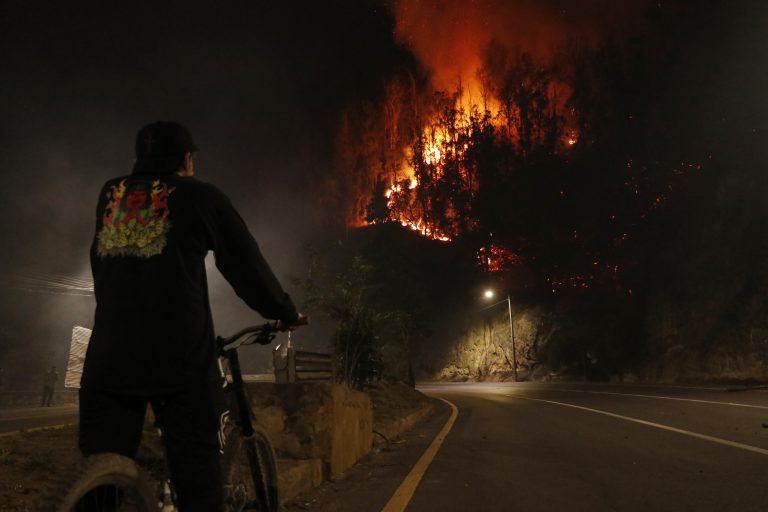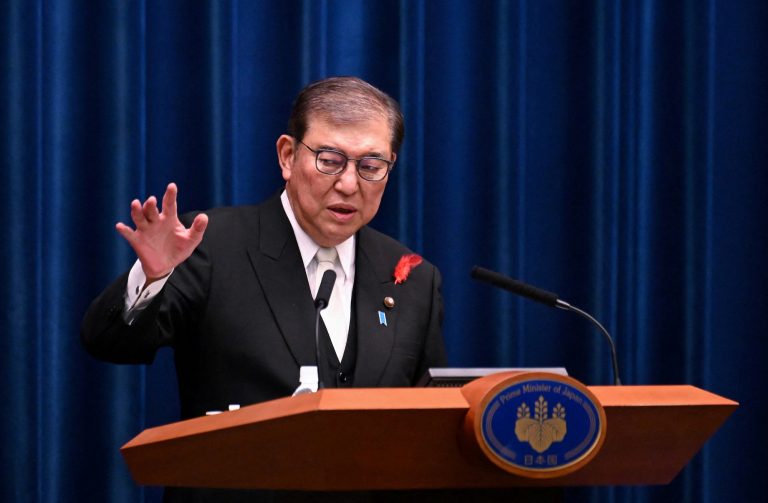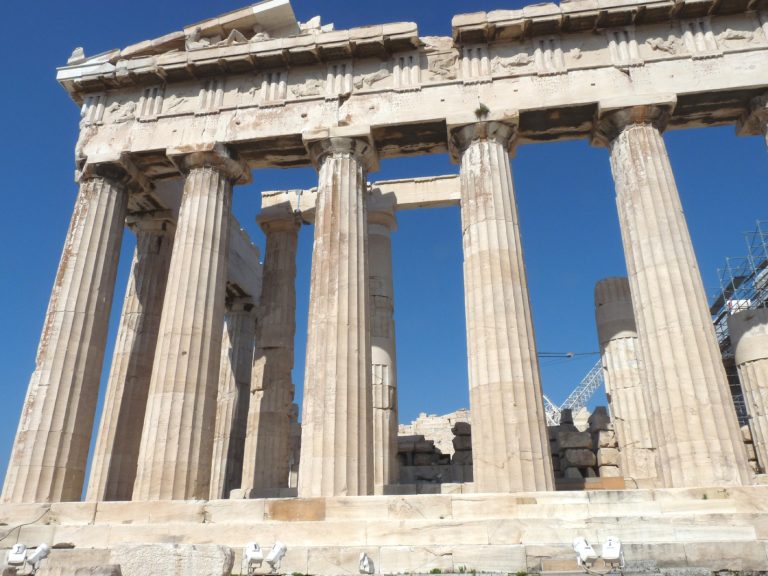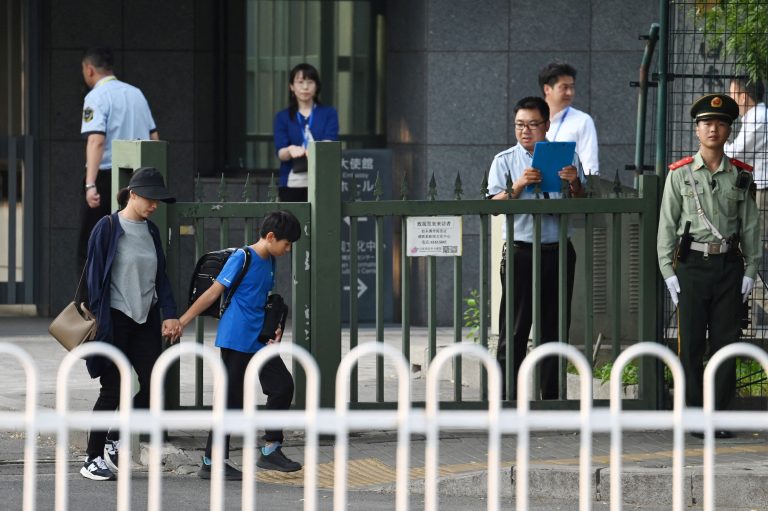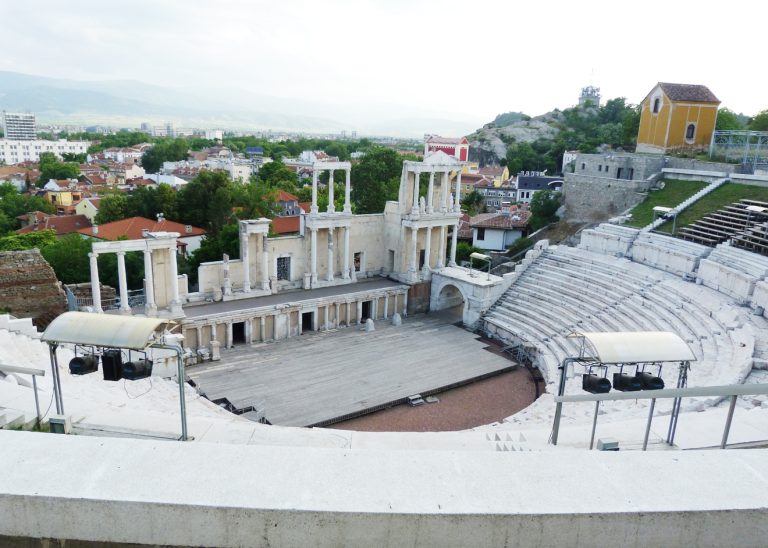The Ecuadorian capital of Quito — already struck by severe drought — is enveloped by rising smoke as a wildfire threatens to trap the city.
Authorities are racing to keep the inferno in check, but arid conditions have only made the fight more difficult. Regardless, President Daniel Noboa assured on Sept. 24 that the armed forces were sent to combat the flames, including 2,000 firefighters, rescue personnel, and members of the military, al-Jazeera wrote.
City mayor Pabel Munoz told reporters that the fire would continue for a few more hours, claiming that the colder temperatures at night might help firefighters. But he also described the situation as “critical.”
“Quito is under attack,” city security official Carolina Andrade said.
The wildfire started to creep into the bohemian Guapulo district in midday, slowly spreading to residences and forested areas, Reuters reported. As of Sept. 26, the fires have burned more than 2,000 hectares (4,942 acres) of forests, sending smoke and ash into the capital.
Success
You are now signed up for our newsletter
Success
Check your email to complete sign up
So far, no deaths have been recorded. Six have been reported injured from the fire, including a baby and two firefighters. Some 107 families have been safely evacuated as seven homes were struck.
“We couldn’t rescue anything. We just arrived, we didn’t know what to do… I don’t know why this is happening to us,” Guapulo resident Rosana Cepeda said.
“I wanted to save something, but we didn’t get anything,” mechanic Alexis Condolo — who lost his home to the fires — told the AFP news agency.
Quito’s fire department shared on social media that it was “dropping water on the blazes” in an effort to aid the firefighters. It also warned residents to not fly drones, burn rubbish or do anything that could start fires or hinder rescue efforts.
According to the Anadolu Agency, authorities suspect that arson is also to blame for the fires. As they investigate these claims, they are offering wards for those with information on anyone presumably responsible.
Electrica Quito, the electric company for Quito, has postponed power cuts that were planned for Tuesday, according to a post on social media.
READ MORE:
- NYC Blanketed in Canadian Wildfire Smoke: Here’s How Long It Will Last and How to Protect Yourself
- California Wildfire Gets Worse, Becomes Largest in US
- China’s Arctic Expansion Unveils Troubling ‘Polar Silk Road’: 5 Things to Know
Drought throughout South America
Ecuador is facing its worst drought in 60 years, having not received much rainfall in more than two months. As a result, the government declared nightly blackouts nationwide from Sept. 23. However, 12 provinces had their power cut from morning to evening over the weekend before.
Hydroelectric plants — which provide 70 percent of Ecuador’s electricity demand — have also been affected by the drought as President Daniel Noboa stated that “further cuts and other emergency measures” would be implemented if the plants are not brought back on.
Noboa, in a statement, claimed that the power crisis is also due to “political failings,” citing failures from previous governments to sustain infrastructure.
Rations on water and electricity had been made as of late, with 60 neighborhoods in Quito being cut off from their water supplies.
However, Ecuador is not the only area suffering severe drought as several South American countries have also been hit by the rising heat. In early September, Brazil’s space research agency, Inpe, reported 346,112 fire hotspots across the continent so far in 2024 — the highest known record since the data started to be collected in 1998.
Last week, the government of Peru declared a state of emergency in some provinces being burned by wildfires.
Brazilian energy authorities have also announced that they would back “the reimposition of daylight savings time” in light of its own hydroelectric power being threatened.
Shipments of grain in Argentina and Brazil have also been hindered as river levels dwindled.
“South American leaders must, more than ever, take urgent action to prevent climate catastrophe that could have irreversible consequences for humanity and for the planet,” Amnesty International said.



